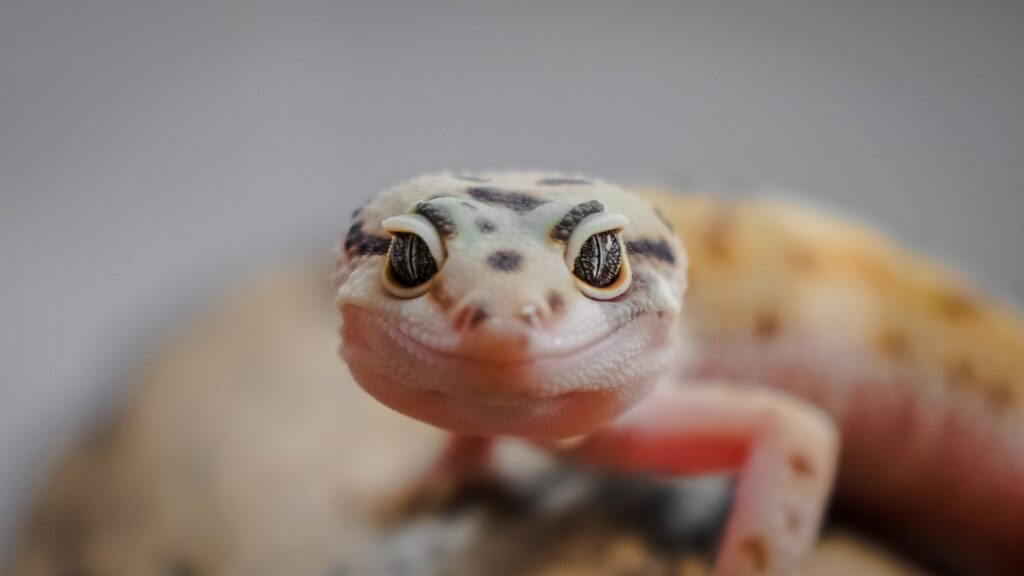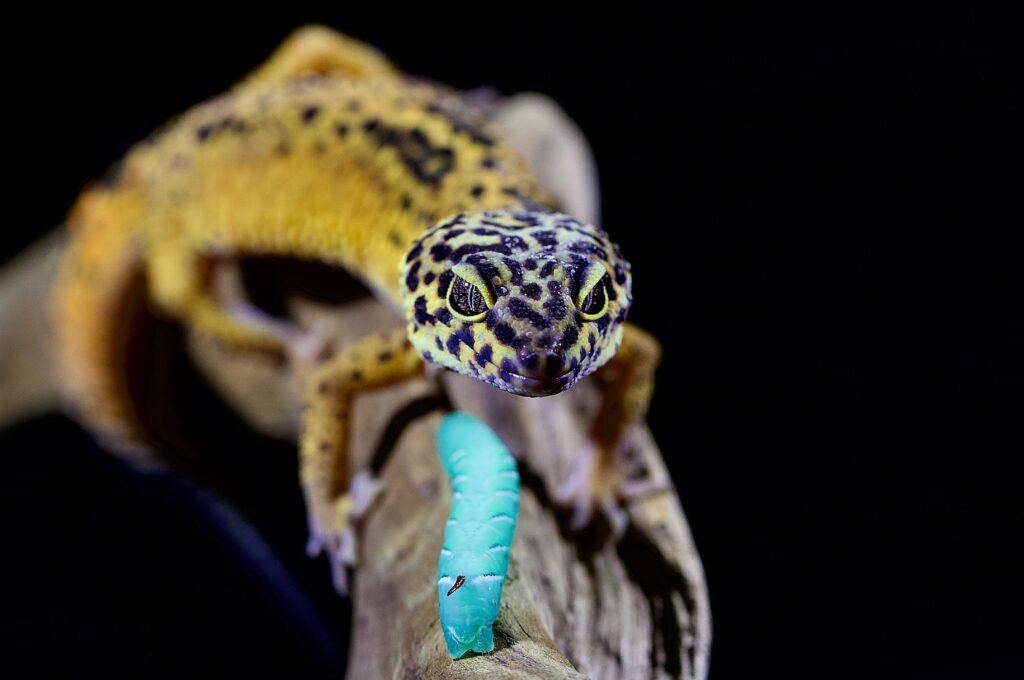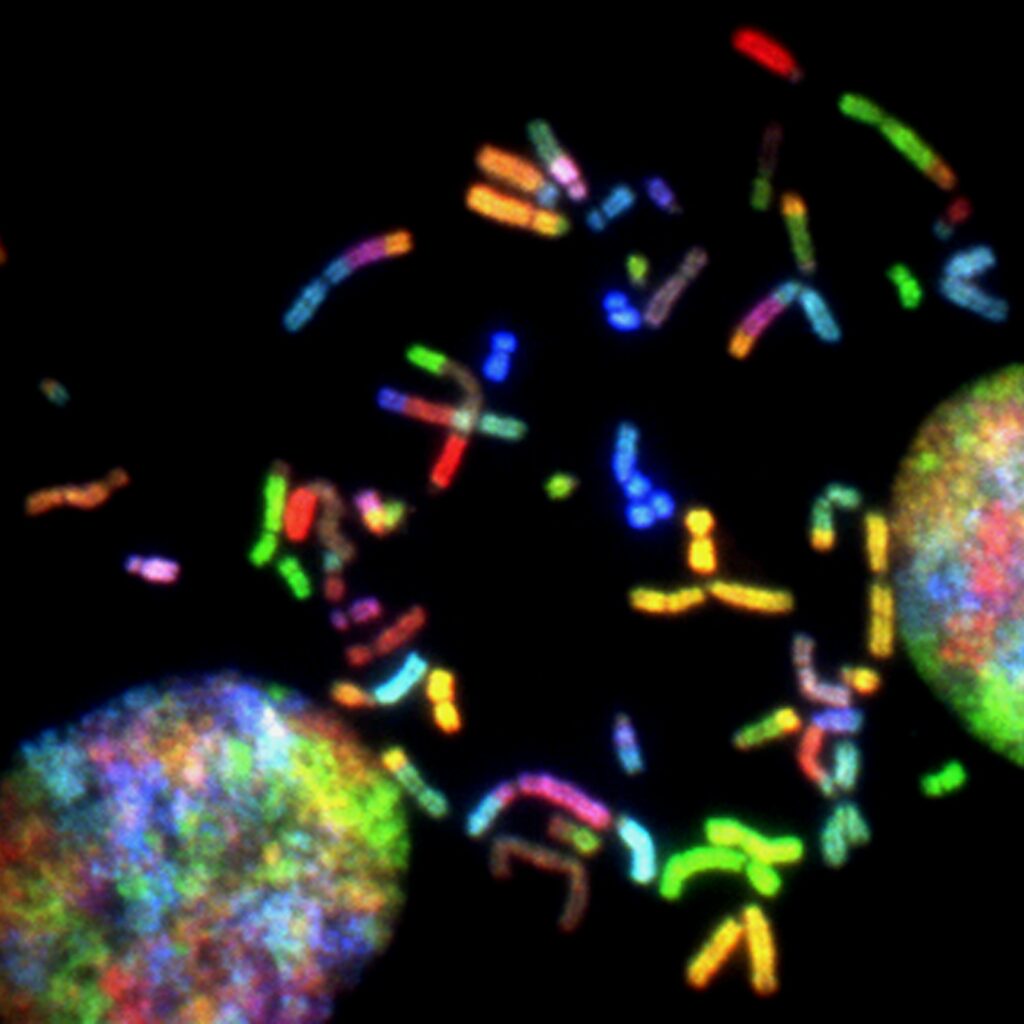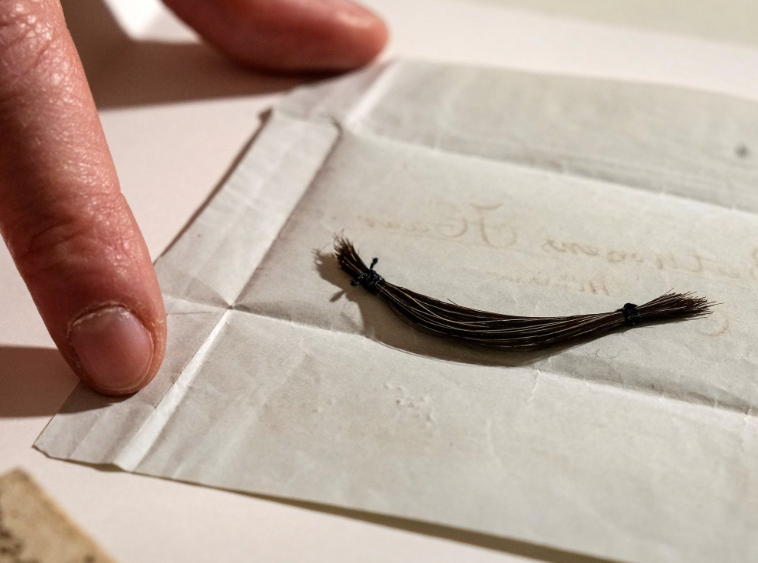Can you believe geckos can help skin cancer research?

By studying a colony of geckos descended from a specimen named Mister Frosty, a team of researchers has identified the gene behind the skin tumors of these lizards and that is linked to cancer in humans. A gecko named Mr. Frosty and his relatives have helped scientists uncover the genetic problem that gives these lizards their prominent color, and their high risk of skin tumors.
The geckos are a variety of leopard gecko, called Lemon Frost, which sports stark white skin that not only highlights its yellow coloration, but is also prone to developing tumors. A new study pins these Lemon Frost traits to a single gene, which is also implicated in the skin cancer melanoma in people. These results suggest that Lemon Frost geckos could be used to investigate new treatments for skin cancer.

Studying a gecko isn’t just about the gecko’s health or understanding basic biology, it could also provide key information for further research on other organisms, including humans. In recent decades, reptile breeders have produced a wide variety of leopard geckos, ranging from vibrant orange to black or spotted to striped. It is simply amazing that a particular species can display such a variety of colors and patterns.
In conducting this study, a researcher purchased a Lemon Frost gecko named Mister Frosty at a reptile auction, and bred it with several female leopard geckos to establish a colony of more than 900 lizards, but unfortunately more than 80 percent of the Lemon Frost geckos developed white cell skin tumors before the reptiles were 5 years old. In some geckos, they became large bumps that make it difficult for the animals to move and become infected if they rupture.

To discover the gene responsible for the tumors, they collected DNA from the lizards’ saliva, the researchers deciphered the genetic makeup of about 30 geckos that inherited Lemon Frost traits from both parents, another hundred that inherited traits from just one parent, and almost 40 geckos that were not Lemon Frost. Comparing the genetic material of these geckos allowed the team to track Lemon Frost tumors and coloration for a mutation in a gene called SPINT1. This gene has not only been linked to cancer in humans, but also to tumor formation in fish and mice.




Responses